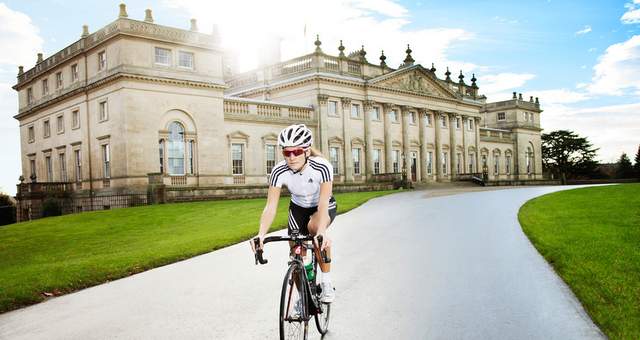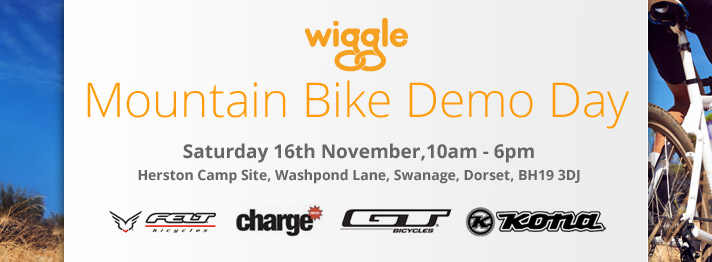If you’ve cycled anywhere in the UK, the chances are you’ll have ridden on the National Cycle Network. Those little blue signs may have guided you along tracks, roads, and routes and also along some of the 4,000+ miles of traffic-free paths that make up the Network.

These traffic free routes are a haven of calm and a great way to get around, often following old railway lines through beautiful parts of the country. They make for a soothing way of getting from A to B, a great and safe place for a family ride, and a way of getting out in great outdoors easily and simply. They are also a haven for wildlife.
If you cycle down them in the spring or summer, you’ll encounter flora and fauna in abundance. Even in the autumn and winter there’s lots to look out for.
British wildlife is having a tough time of it. Isolated pockets of woodland or grassland, bounded by roads, towns and cities, make it hard for animals and insects to move around. Green corridors aren’t just great for humans – they’re great for wildlife too.
Sustrans, the sustainable transport charity that runs the National Cycle Network, has just announced a new initiative to address this. Working with Scottish Natural Heritage, the Esmée Fairbairn Foundation and other partners, the next few years will see these green routes managed to encourage biodiversity to flourish.
Currently one-third of the 14,000 miles of the NCN are traffic-free routes. While these routes are pleasant green spaces, they are currently managed as transport corridors with little focus on wildlife. As a result, native plants and animals are at risk of being lost.
We’ve launched this project to radically change the way Sustrans-owned routes are managed so that we are helping to protect the UK’s unique wildlife.
Bernie Higgins, Sustrans Ecologist in England and Wales
There’ll be surveys, studies and conservation work done with lots of help from ecologists and volunteers. 300 miles of the Network will be part of this new project, covering areas in the North West of England, Wales, Yorkshire and Scotland amongst others.
We hope that this is just the beginning and that there’ll be lots of ways for everyone to get involved too.






